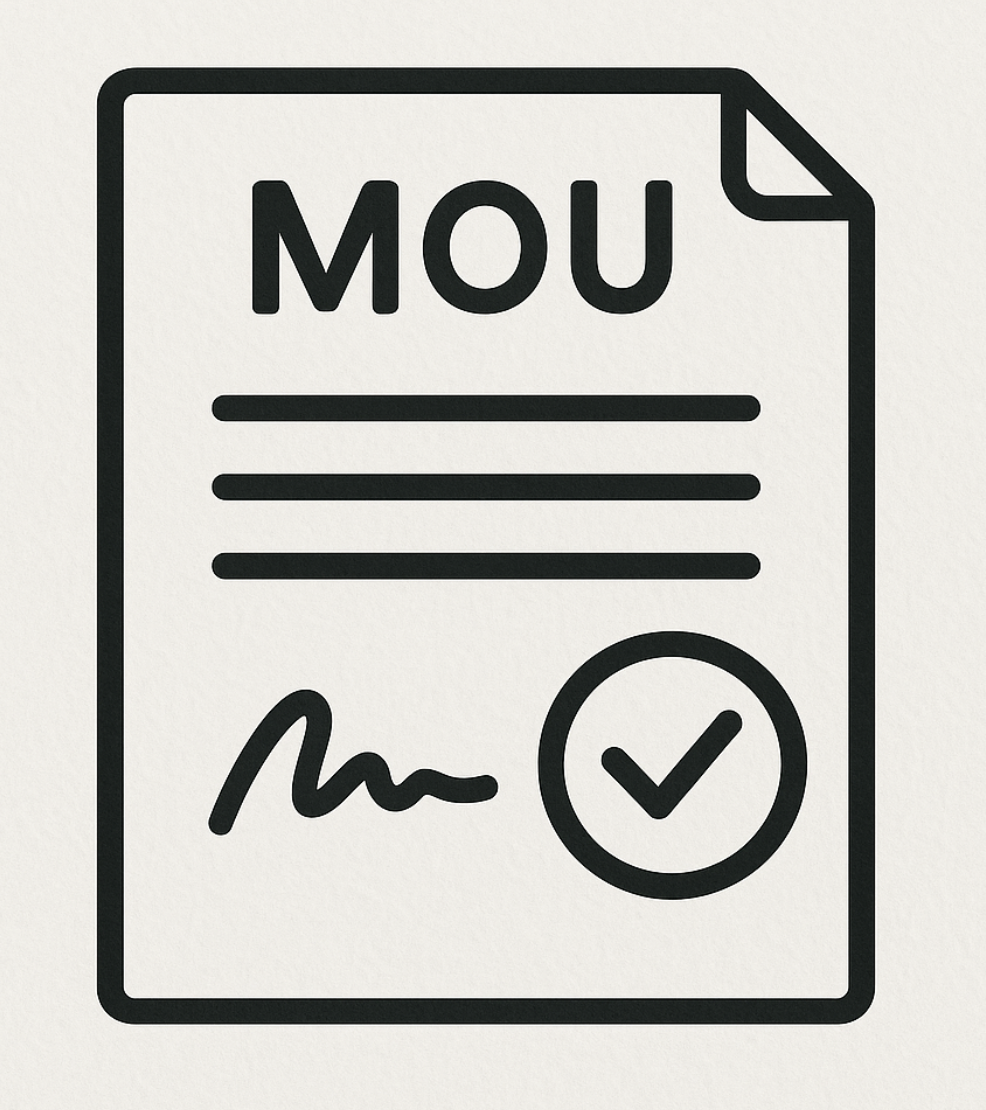NILAI-NILAI PENDIDIKAN AKHLAK DALAM AL-QURAN: KAJIAN TAFSIR SURAT AL-HUJURAT AYAT 9-13
DOI:
https://doi.org/10.18592/jtipai.v11i2.4910Abstract
ABSTRACTThis research aims to provide an understanding to the public about the importance of moral education. Moral education is the basis for all people in religious life. Morals teach to always have good character and behavior in relation to God or in social life. The method used is qualitative through data search or library research. Library research is a series of activities related to the methods of collecting library data, reading and recording and processing research materials. The primary source used is the letter Al-Hujurat verses 9-13 using the tahlili method. The results of the study show that the values of moral education contained in the letter Al-Hujurat verses 9-13 include: fairness, brotherhood, respect for others, humanism, prohibition of backbiting, and piety.KEYWORDS: Moral Education; Religious Life; Character.ABSTRAKPenulisan ini bertujuan untuk memberikan pemahaman kepada masyarakat akan pentingnya pendidikan akhlak. Pendidikan akhlak merupakan dasar bagi semua orang dalam berkehidupan beragama. Akhlak mengajarkan untuk selalu memiliki budi pekerti dan perilaku yang baik dengan hubungan kepada Allah atau dalam kehidupan bermasyarakat. Metode yang digunakan adalah kualitatif melalui penelusuran data-data atau library reseach. Library research yaitu serangkaian kegiatan yang berkenaan dengan metode pengumpulan data pustaka, membaca dan mencatat serta mengolah bahan penelitian. Adapun sumber primer yang digunakan adalah surat Al-Hujurat ayat 9-13 dengan menggunakan metode tahlili. Hasil penelitian menunjukan bahwa nilai-nilai pendidikan akhlak yang terkandung dalam surat Al-Hujurat ayat 9-13 meliputi: sikap adil, persaudaraan, sikap menghargai orang lain, sikap humanis, larangan menggujing/ghibah, dan taqwa.KATA KUNCI: Pendidikan Akhlak; Kehidupan Beragama; Budi Pekerti.References
Abdullah, M. Yatimin, Studi Akhlak dalam Perspektif Al-Qur’an,(Jakarta: Amzah, 2008), cet. II.
Ahmadi, H. Abu dan Nur Uhbiyati, Ilmu Pendidikan, (Jakarta: PT Rineka Cipta, 2003), cet. II.
Akhlak, Tim, Etika Islam: Dari Kesalehan Individual Menuju Kesalehan Sosial, (Jakarta: Al-Huda, 2003), cet. I.
Al-‘Aqqad, Abbas Mahmud, Filsafat Qur’an, (Jakarta: Pustaka Firdaus, 1996), cet.II.
Al-Farran, Syaikh Ahmad Musthafa, Tafsir Imam Syafi’i, Ter. Imam Ghazali Masykur, (Jakarta: Almahira, 2008), cet. I.
Ali, Mohammad Daud, Pendidikan Agama Islam, (Jakarta: PT Raja Grafindo, 1998).
Al-Maraghi, Ahmad Mustafa, Tafsir al-Maraghi, Ter. Bahrun Abu Bakar, Lc,
Drs. Hery Noer ‘Aly, K. Anshori Umar Sitanggal, (Semarang: Toha Putra, 1993), cet. II, Juz XXVI.
Al-Qaththan, Manna, Pengantar Studi Ilmu Al-qur’an, (Jakarta: Pustaka AlKautsar, 2006 ).
Al-Qusyairi An-Naisaburi, Abul Qasim Abdul Karim Hawazin, Risalah
Qusyairiyah, (Jakarta: Pustaka Amani, 2007), cet. II.
Amin, Ahmad, Kitab al-Akhlak, (Mesir: Dar al-Kutub al-Mishriyah), cet. III.
Anwar, Muhammad Jafar, dan Muhammad Salam, Membumikan Pendidikan
Karakter, (Jakarta: CV. Tatu’uw, 2013), cet. I.
Anwar, Rosihon, Akhlak Tasawwuf, (Bandung: CV. Pustaka Setia, 2010).
AR, Zahruddin dan Hasanuddin Sinaga, Pengantar Studi Akhlak, (Jakarta: PT.
Raja Grafindo, 2004).
Ardani, H. Moh, Akhlak Tasawwuf, (CV. Karya Mulia, 2005).
Downloads
Published
How to Cite
Issue
Section
License
Authors who publish with this journal agree to the following terms:
- Authors retain copyright and grant the journal right of first publication with the work simultaneously licensed under a Creative Commons Attribution License that allows others to share the work with an acknowledgement of the work's authorship and initial publication in this journal.
- Authors are able to enter into separate, additional contractual arrangements for the non-exclusive distribution of the journal's published version of the work (e.g., post it to an institutional repository or publish it in a book), with an acknowledgement of its initial publication in this journal.
- Authors are permitted and encouraged to post their work online (e.g., in institutional repositories or on their website) prior to and during the submission process, as it can lead to productive exchanges, as well as earlier and greater citation of published work.










